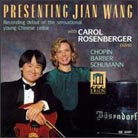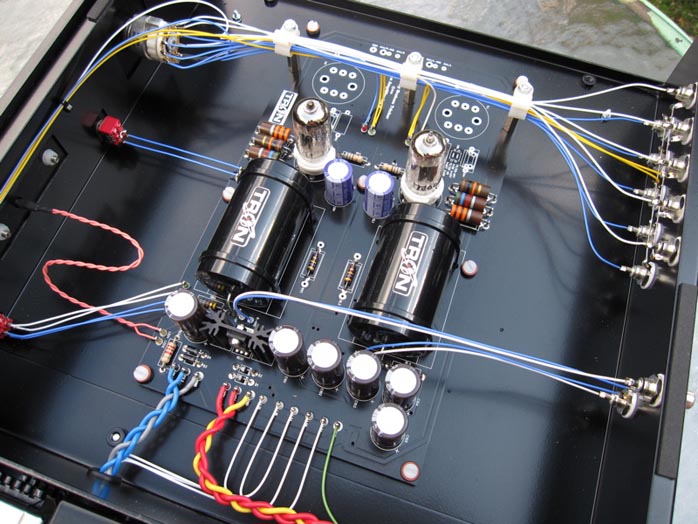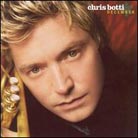This review page is supported in part by the sponsors whose ad banners are displayed below |
 |
 |
 |
Lately, I’ve been progressing through a pile of over two hundred CDs that I purchased from the estate of a Stereo Review writer. They are all classical and jazz and most were done in the late 80s through mid 90s. The quality of the recordings is generally not as good as today but there are some gems. One of these is Presenting Jian Wang with Carol Rosenberger [Delos DE 3097]. This 1990 release is both an excellent recording and an outstanding performance. The Tron strut its stuff here, nailing the tonality of the cello and piano disarmingly natural. The first piece, Chopin’s Polonais Brillante, Op. 3, was so splendid that I almost stood up and clapped at the end. On simple pieces like this the Tron was exceptional. Only when the going got more frantic did the Hovland edge it out slightly in speed and resolution.
|
|
|
|
Going right back to the Hovland on this same recording, Wang’s cello was slightly less rich but more of the fine nuances of his technique were conveyed. Also the space between notes was blacker, dynamics greater. The same sonic theme emerged on all music. When solo instruments featured or the music was less complex, the Tron made the best argument for itself.
The Hovland HP-100 linestage-only version retailed for $3995 when introduced in 1998. A year later Stereophile’s review shows the price increased to $4995. An Internet inflation calculator translates $4995 to $6186.41 in today’s US currency. Hence the HP100 would be a moderately higher-priced preamp than the Tron Seven if introduced today in the American market. Much of this price difference would have to be attributed to the comparatively luxurious chassis and knobs of the Hovland HP-100.

|
A 2007 Grammy-nominated CD that sees regular playing time in my home is CéU’s eponymous album [Six Degrees/Fontana]. AllMusic.com perfectly describes her style as "a lush blend of African-rooted North and South American music styles (Brazilian popular music, samba, soul, jazz, Afrobeat, reggae) with cutting-edge contemporary production techniques." Her voice has a sultry yet sophisticated air that I have found to be a sexy mix as a party CD. The Tron Seven conveys CéU’s voice in all its delicious pop splendor. More to the point, for vocal reproduction the Seven proved superior to any preamp I have had in my system. This CD can have a slightly uptight quality in some systems but the Seven let all of the juices flow as intended.
|
|
|
"O Ronca Da Cuica" illustrated the essence of the Seven as a transparent and open soundstage, spot-on tonal balance, easy flowing quality and unsurpassed vocals. My only reservation were the slightly reticent dynamics. Notably the bass line and percussion (particularly cymbals) had more impact through my Hovland. This was hardly damning and more on the order of the usual tradeoffs between very good components.
|
|
|
 |
Another preamp at my disposal was my friend Dan’s Art Audio/Gill Audio Alana, which retails at $4,500. Dan and I have compared the Alana and my Hovland several times in both our systems. The executive summary is that the Alana has a sweeter midrange and treble but the Hovland is more dynamic throughout with better bass performance. The Alana has been on the market for some time and may not get as much recognition as it did earlier. This is the usual declining attention span of the audiophile market that’s always looking for the latest thing. Given its price, it’s certainly worth a listen in this context. Pardon me for some early Christmas music indulgence via Chris Botti’s December, [Columbia 82876 75381 2] but my girlfriend gave it to me and since today was her birthday, I reached for it out of sentimentality.
|
|
In my experience, Columbia has a spotty reputation for recording quality but this CD is a good one. "I Really Don’t Want Much for Christmas" features guest vocalist Eric Benét. Through the Tron, the vocal was splendid as expected. The bass had a little woolliness also consistent with my earlier observations. Chris’s trumpet was gorgeous through the Tron Seven with its unflappable upper midrange. Trumpet solos, female vocals etc. never spilled into harshness unless the recording was particularly bad.
|
 |
|
 |
|